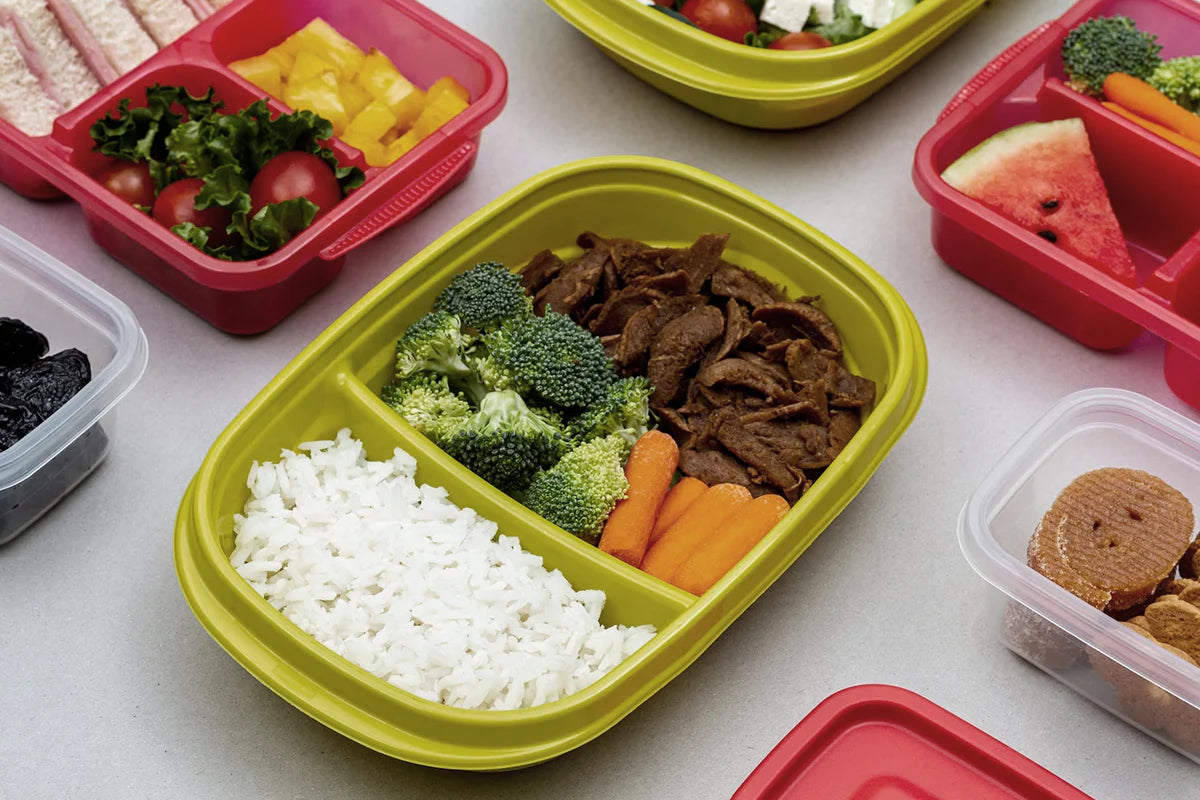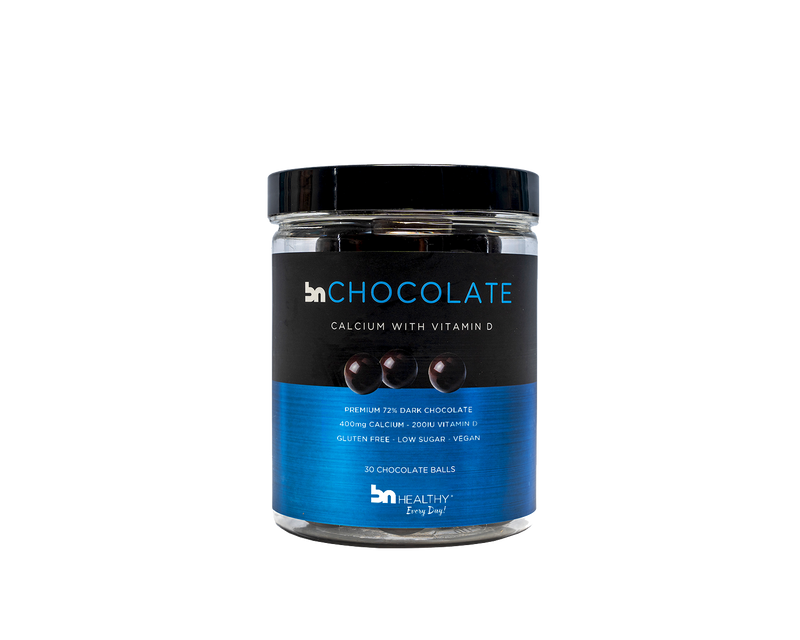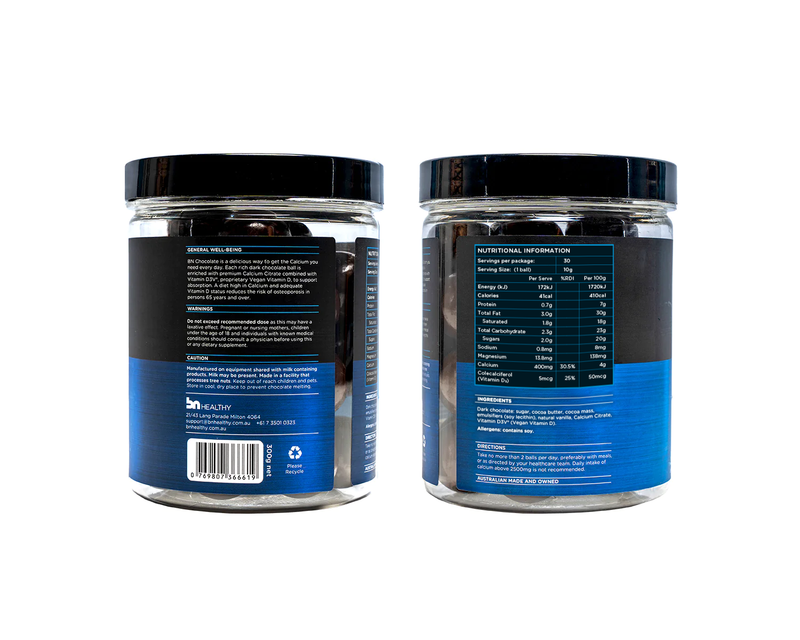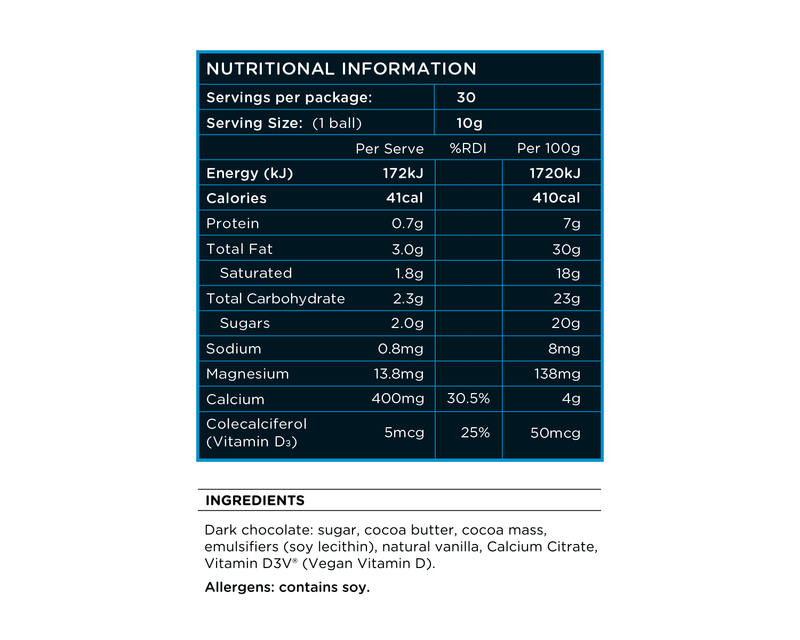Maintaining Weight Loss for Life After Bariatric Surgery

After a successful Bariatric Surgery, your improved quality of life and the decreased risk for obesity-related disorders from the initial weight loss following surgery lead to a positive outlook for future things. But eventually, your weight loss progress slows. What should you do?
Maintaining weight loss for life after Bariatric Surgery requires understanding how weight loss patterns change after your body adapts to the bariatric procedure. You must understand they are not linear, at least in the long run.
There will be periods of ups and downs. But to accomplish your goals, you can focus on things under your control, such as your diet, physical activity levels, and resistance training.
In this article, we will help you with strategies, based on proven methods, to maintain fitness after Bariatric Surgery.
How to Maintain Weight Loss After a Bariatric Surgery

Complete Weight Loss Solutions After Surgery — The Basics

2. Increasing Physical Activity Levels and Integrating Strength Training

3. Is Your Stress Management Hindering Progress?
4. The Good Old Formula of Calories In and Calories Out



